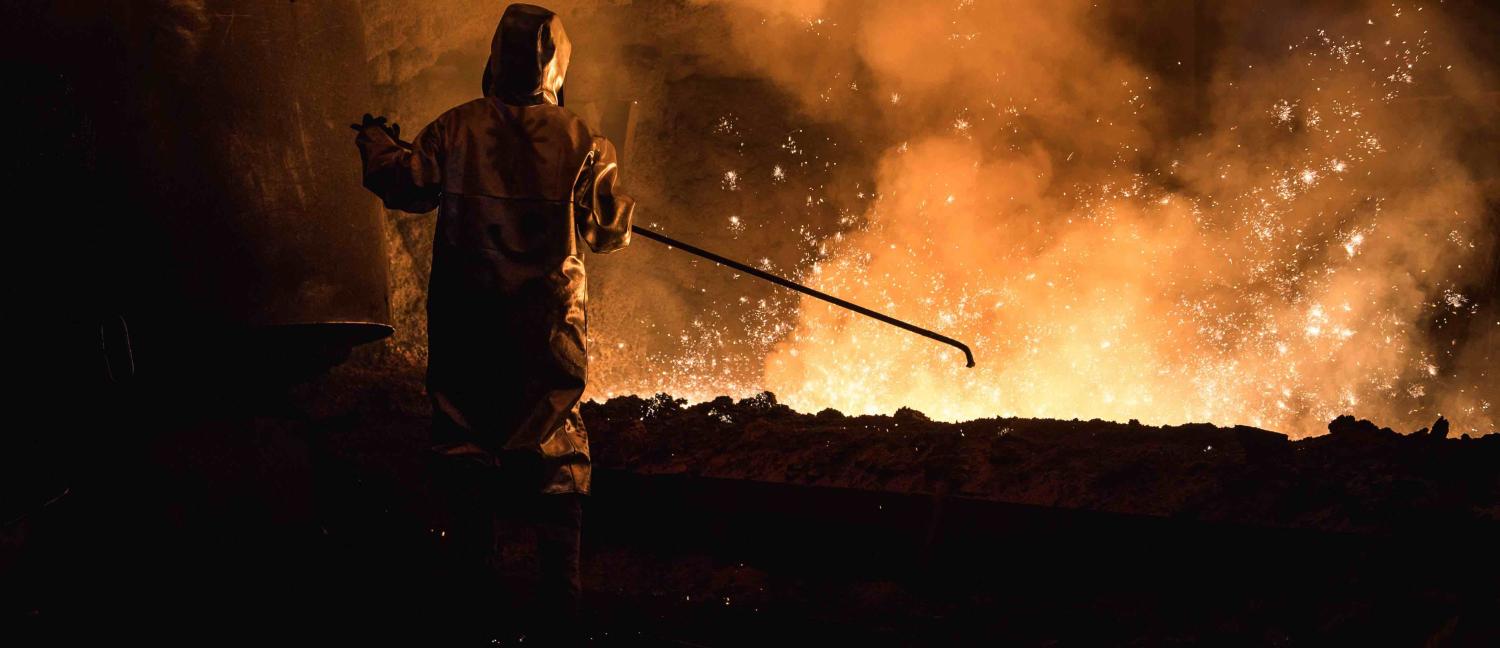On Sunday, the Communist Party Central Committee announced an amendment to China’s state constitution to remove the two-term limit for the presidency. Richard McGregor:
Chinese politics may be going back even further, to the Mao era of strongman rule. Xi, of course, is not Mao, and Mao’s China is not today’s China, but that in many respects makes his removal of any restraints on staying in office all the more remarkable. However you read it, his centralisation of power does hark back to darker times in China.
US President Donald Trump announced the imposition of steep tariffs on steel and aluminium exports. John Edwards:
It is not the trade war, yet. But the threat of one has been sufficiently real for China to this week send its top economic negotiator, Liu He, to the White House.
Prime Minister Malcolm Turnbull’s trip to Washington DC invited comparisons between company tax cuts in Australia and the US. Stephen Grenville:
Rather than continue the race-to-the-bottom on company tax, the international community needs to agree on a sensible global regime which allocates company tax revenue among the various countries involved in generating that revenue.
The United States is considering sending more military personnel to East Asia and Australia to bolster its influence. Ali Wyne:
The extent to which a greater military presence in the Asia-Pacific would shore up US influence depends on at least two factors: America’s ability to rebalance away from the Middle East; and its skill in accepting the inevitability of competition with China without pursuing a path of confrontation.
Australian leaders are giving important foreign policy speeches, but not to Australian audiences. Nick Bisley:
The failure to speak directly and with vigour to the Australian public about foreign policy and its future is a mistake.
And while on speeches, on Tuesday New Zealand PM Jacinda Ardern delivered her first major foreign policy address in Wellington. David Capie:
Ardern has proposed a recalibration in New Zealand’s foreign policy to give it a less utilitarian hue. But navigating Asia’s increasingly complex geopolitics will require dealing with a range of states, big and small, many of which do not share our values. New Zealand’s new idealism is likely to retain a healthy pragmatic streak.
Papua New Guinea’s health authorities have made progress on stopping the spread of drug-resistant tuberculosis on Daru Island in the Torres Strait. Annmaree O’Keefe:
PNG is responsible for the provision of basic services to its people. In this, it has been found wanting. And for Australia, the political, diplomatic, and ethical fault line has not disappeared under the weight of the new TB clinics. This emergency response is a silo, and international lessons point to unhappy endings for such efforts.
Andrew Rosser on the challenges facing Indonesia’s education system:
The country’s problems with education quality have been, at their root, a matter of politics and power. Like other parts of Indonesia’s state apparatus, public educational institutions, both schools and higher education providers, have been captured by predatory officials with little interest in promoting learning.
Thailand is edging towards an election. Elliott Brennan on the stumbling blocks for Prime Minister Prayut Chan-ocha:
Since coming to power in the 2014 coup, stability has been enforced, but Prayut’s government has done little to build the independent institutions necessary to extract Thailand from its long-drawn political turmoil.
President Rodrigo Duterte of the Philippines suggested that Filipino troops should be sent to China for training. Malcolm Cook:
If this presidential idea to send Philippine troops to China for training is more than just an utterance to please the crowd (which included the beaming Chinese Ambassador to the Philippines), it will likely become another China-related source of potential friction between the Duterte and the military.
Hannah Ryder on Chinese loans and the debt dilemma:
Since the 1970s, many developing countries around the world have taken-up a range of loans from Chinese banks, in particular to finance much-needed infrastructure projects, from buildings to power stations, new roads, and railways. However, little is known about the size of these loans and repayments at a global, cross-country level, or about their impacts, because Chinese stakeholders do not publish this information.
Rodger Shanahan on Middle Eastern street-name diplomacy:
Conflict over place names in the Middle East is not likely to stop anytime soon. But given the propensity with which regional countries try to resolve disputes with force, perhaps a little pettiness isn’t such a bad approach after all.
